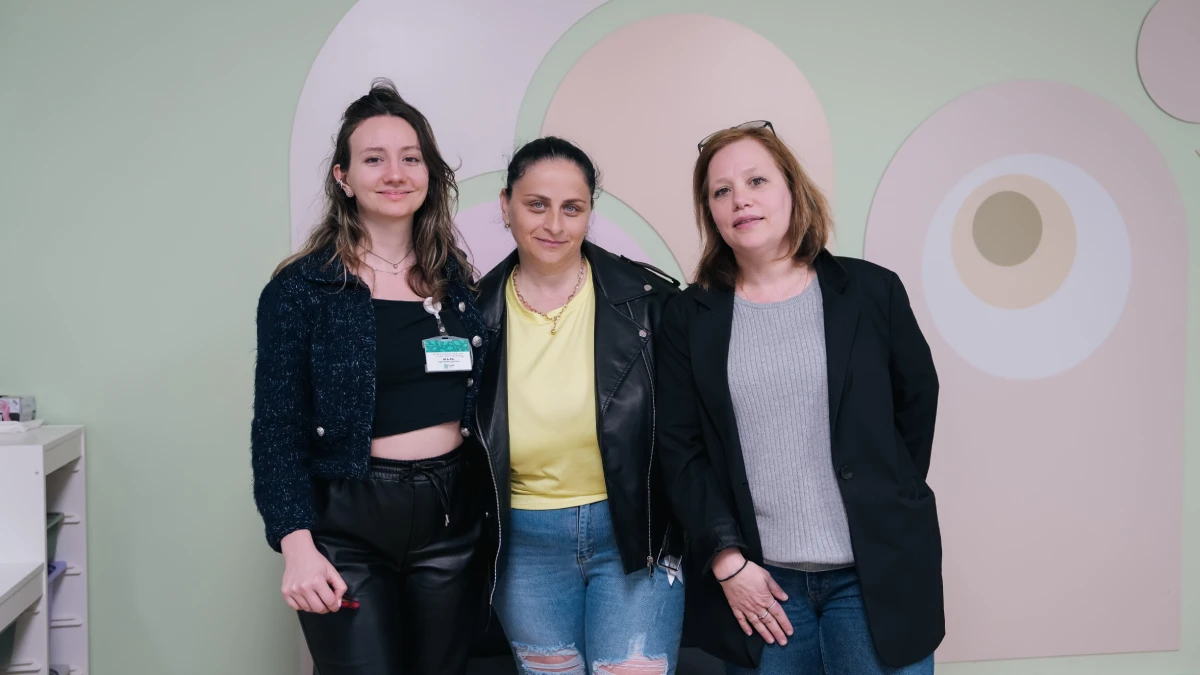Table of Contents
Introduction: Autism Is Not Just a Childhood Condition
Autism Spectrum Disorder (ASD) is often associated with early childhood, but for many, it is a lifelong neurological condition. Adults with autism may have gone undiagnosed for years or received a diagnosis later in life. While social, sensory, and communication difficulties may persist, emerging therapies—including Stem Cell Therapy for Autism—are opening new doors for improved quality of life.
Understanding Autism in Adulthood
Autism in adults can manifest differently from childhood presentations. Some may have developed coping mechanisms, while others still face daily obstacles.
Common Features in Adults:
- Persistent challenges in social communication and interpreting nonverbal cues
- Rigid routines and resistance to change
- Sensory sensitivities (to noise, light, textures)
- Co-occurring conditions like anxiety, depression, ADHD
📌 Did You Know?
Many adults on the spectrum remain undiagnosed until their 30s or later—especially women and high-functioning individuals—due to subtle symptoms or masking behaviors.
Challenges Faced by Adults with Autism
The transition to adult life can be difficult for autistic individuals, particularly if supports fade after childhood. Common challenges include:
- Employment: Difficulty finding or maintaining jobs due to social dynamics
- Relationships: Struggles with friendships, dating, and communication
- Mental Health: Elevated risks of anxiety, depression, and loneliness
- Healthcare Access: Lack of autism-aware medical professionals
These struggles are also reported by families in Stem Cell Therapy for Autism Reviews, who often seek therapies that support not only cognitive function but also emotional regulation.

What the Research Says: Stem Cell Therapy for Autism in Adults
While most clinical trials have focused on children, recent Stem Cell Therapy Autism Research is starting to include adult participants.
🧪 Clinical Observations Suggest:
- Mesenchymal stem cells (MSCs) may help reduce neuroinflammation in adult brains.
- Improvements have been reported in:
- Mood regulation
- Cognitive clarity
- Executive functioning
- Reduced sensory overload
📈 Stem Cell Therapy Autism Success Rate data remains limited for adults, but anecdotal reports and preliminary results from centers like Linden suggest promising outcomes.
Key Questions Answered About Adult Stem Cell Therapy
Is It Safe?
✅ Stem Cell Therapy Autism Side Effects are generally mild, especially when MSCs are used under controlled clinical conditions.
What’s the Cost?
💲 Cost of Stem Cell Therapy for Autism in adults varies based on location, stem cell source, and provider experience. It typically ranges from $7,000 to $20,000+.
Where Is It Available?
📍Search queries like Stem Cell Therapy Autism Near Me often lead families to international centers with broader treatment approval. Best Stem Cell Clinics for Autism often combine biological therapy with behavioral follow-up.
Why Stem Cell Therapy May Help Adults with Autism
Stem cells—particularly from umbilical cord or bone marrow sources—target neuroimmune pathways implicated in autism. Adults may experience:
- Reduced brain fog
- Improved attention span
- Less rigid thinking
- Enhanced social awareness
These results are often enhanced when therapy is paired with:
- Cognitive behavioral therapy (CBT)
- Occupational therapy
- Sensory integration work
📚 Many Stem Cell Therapy Success Stories Autism-related include adult patients who finally felt “seen,” “calm,” or “mentally sharper” after therapy.
The Road Ahead: Better Support and Tailored Care
We must evolve autism care beyond childhood. Adults deserve therapies, housing, employment support, and health services adapted to their needs.
🧠 Innovative solutions like Stem Cell Therapy for Autism provide an exciting future—but they must be matched with community inclusion and individualized planning.
Conclusion: Hope for Adult Autism through Science and Support
The conversation around autism is expanding—and that includes adults. Whether recently diagnosed or long-time neurodivergent, adults with autism are now exploring new paths to wellness. Stem cell therapy is becoming a meaningful option for those seeking cognitive clarity and emotional balance.
👉 If you’re an adult on the spectrum—or love someone who is—explore therapies that go beyond symptom management and tap into the potential for real neurological support.
